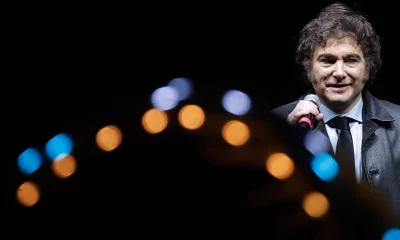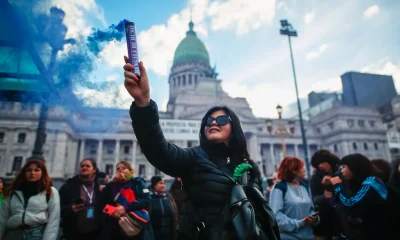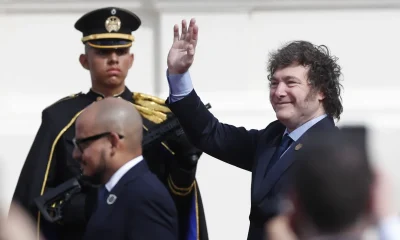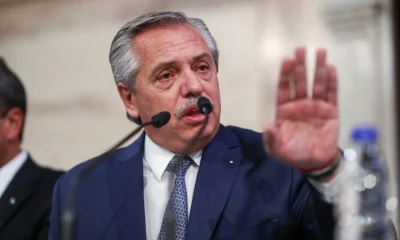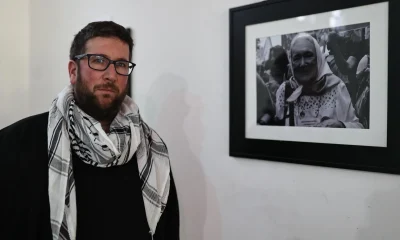International
Electoral ban begins in Argentina in the run-up to the ballot
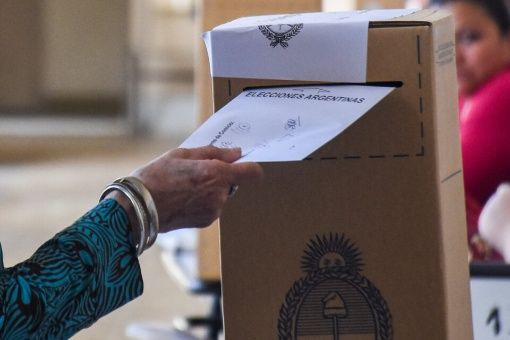
November 17 |
Argentina started this Friday the so-called electoral ban, a period of reflection for the second round of the presidential elections next Sunday, in which it will be defined between the ruling Sergio Massa and the opposition Javier Milei who will govern the South American country in the period 2023-2027.
According to electoral rules, from 8H00 local time (11H00 UTC) it is forbidden to carry out proselytizing acts and broadcast campaign ads by mass media, in addition to the sale of alcoholic beverages and public shows outdoors or in closed enclosures and theatrical and sporting events during Sunday.
For this very reason, the Argentinean Minister of Economy and ruling party candidate, Sergio Massa, and the libertarian congressman Javier Milei took advantage until the end to ask voters for support in the media and digital networks.
For digital networks there are no specific restrictions regarding proselytism.
All the restrictions of the electoral ban are in force until three hours after the polling centers close at 18H00 local time (21H00 UTC) on Sunday, just when the National Electoral Chamber is expected to start giving the first data from the quick count.
A total of 35.8 million voters are eligible to go to the polls in these elections, in which a winner is declared by simple majority.
In the first round, held on October 22, Massa, of the ruling Peronist front Unión por la Patria, obtained 36.78 percent of the votes and Milei, leader of the far-right La Libertad Avanza, obtained 29.99 percent.
Voting is compulsory in Argentina for citizens between 18 and 70 years of age, and optional for those above that age and for 16 and 17 year olds, as well as for residents abroad.
International
Deportation flight lands in Venezuela; government denies criminal gang links

A flight carrying 175 Venezuelan migrants deported from the United States arrived in Caracas on Sunday. This marks the third group to return since repatriation flights resumed a week ago, and among them is an alleged member of a criminal organization, according to Venezuelan authorities.
Unlike previous flights operated by the Venezuelan state airline Conviasa, this time, an aircraft from the U.S. airline Eastern landed at Maiquetía Airport, on the outskirts of Caracas, shortly after 2:00 p.m. with the deportees.
Interior Minister Diosdado Cabello, who welcomed the returnees at the airport, stated that the 175 repatriated individuals were coming back “after being subjected, like all Venezuelans, to persecution” and dismissed claims that they belonged to the criminal organization El Tren de Aragua.
However, Cabello confirmed that “for the first time in these flights we have been carrying out, someone of significance wanted by Venezuelan justice has arrived, and he is not from El Tren de Aragua.” Instead, he belongs to a gang operating in the state of Trujillo. The minister did not disclose the individual’s identity or provide details on where he would be taken.
International
Son of journalist José Rubén Zamora condemns father’s return to prison as “illegal”
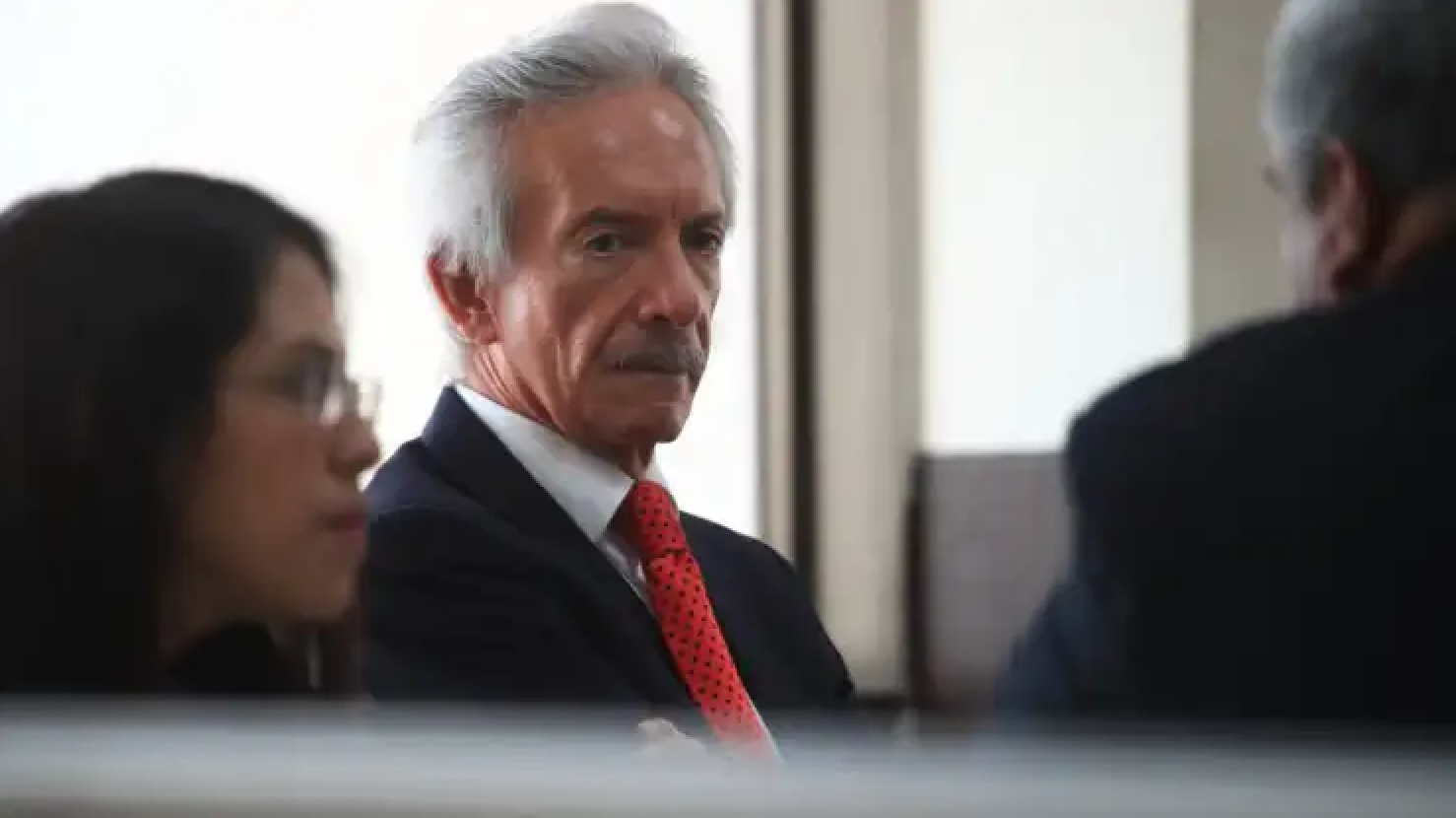
The son of renowned journalist José Rubén Zamora Marroquín, José Carlos Zamora, has denounced as “illegal” the court order that sent his father back to a Guatemalan prison on March 3, after already spending 819 days behind barsover a highly irregular money laundering case.
“My father’s return to prison was based on an arbitrary and illegal ruling. It is also alarming that the judge who had granted him house arrest received threats,” José Carlos Zamora told EFE in an interview on Saturday.
The 67-year-old journalist was sent back to prison inside the Mariscal Zavala military barracks on March 3, when Judge Erick García upheld a Court of Appeals ruling that overturned the house arrest granted to him in October. Zamora had already spent 819 days in prison over an alleged money laundering case.
His son condemned the situation as “unacceptable”, stating that the judge handling the case “cannot do his job in accordance with the law due to threats against his life.”
International
Miyazaki’s style goes viral with AI but at what cost?
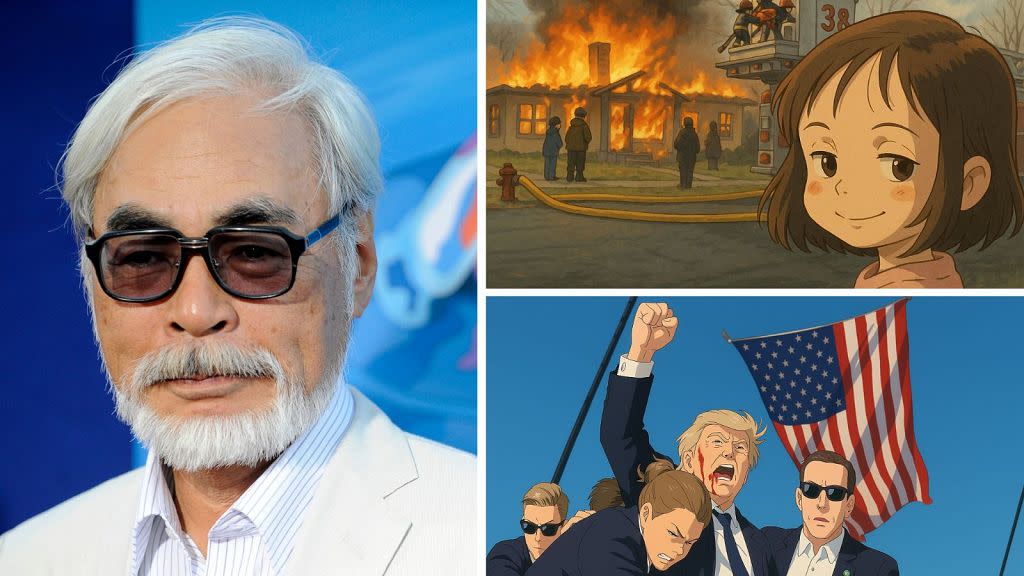
This week, you may have noticed that everything—from historical photos and classic movie scenes to internet memes and recent political moments—has been reimagined on social media as Studio Ghibli-style portraits. The trend quickly went viral thanks to ChatGPT and the latest update of OpenAI’s chatbot, released on Tuesday, March 25.
The newest addition to GPT-4o has allowed users to replicate the distinctive artistic style of the legendary Japanese filmmaker and Studio Ghibli co-founder Hayao Miyazaki (My Neighbor Totoro, Spirited Away). “Today is a great day on the internet,” one user declared while sharing popular memes in Ghibli format.
While the trend has captivated users worldwide, it has also highlighted ethical concerns about AI tools trained on copyrighted creative works—and what this means for the livelihoods of human artists.
Not that this concerns OpenAI, the company behind ChatGPT, which has actively encouraged the “Ghiblification”experiments. Its CEO, Sam Altman, even changed his profile picture on the social media platform X to a Ghibli-style portrait.
Miyazaki, now 84 years old, is known for his hand-drawn animation approach and whimsical storytelling. He has long expressed skepticism about AI’s role in animation. His past remarks on AI-generated animation have resurfaced and gone viral again, particularly when he once said he was “utterly disgusted” by an AI demonstration.
-

 International4 days ago
International4 days agoFederal court blocks Trump’s use of Enemy Alien Act for deportations
-

 Central America4 days ago
Central America4 days agoHonduran group in U.S. pushes for voter registration to prevent election fraud
-

 Central America4 days ago
Central America4 days agoKristi Noem in Latin America: Talks with Bukele on expulsions and security policies
-

 International4 days ago
International4 days agoEcuador oil spill worsens as containment dam collapses
-

 Central America3 days ago
Central America3 days agoNicaragua denounces Costa Rica’s position in SICA as aligned with foreign interests
-

 Central America3 days ago
Central America3 days agoNicaragua’s new judicial law consolidates power in Ortega and Murillo’s hands
-
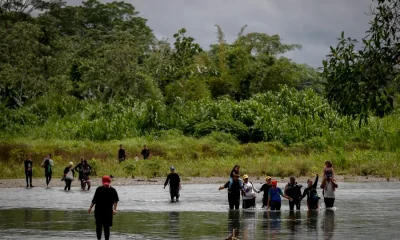
 Central America3 days ago
Central America3 days agoPanama’s president declares Darién gap ‘closed’ amid sharp drop in migrant flow
-

 International3 days ago
International3 days agoMarco Rubio warns Venezuela against military action against Guyana
-

 International1 day ago
International1 day agoSon of journalist José Rubén Zamora condemns father’s return to prison as “illegal”
-

 International1 day ago
International1 day agoMiyazaki’s style goes viral with AI but at what cost?
-

 Central America6 hours ago
Central America6 hours agoPanama police clarifies that Interpol alert for Martinelli is still pending
-

 International6 hours ago
International6 hours agoDeportation flight lands in Venezuela; government denies criminal gang links
-
Central America2 days ago
Nicaragua revokes legal status of 10 more NGOs, bringing total to over 5,600
















